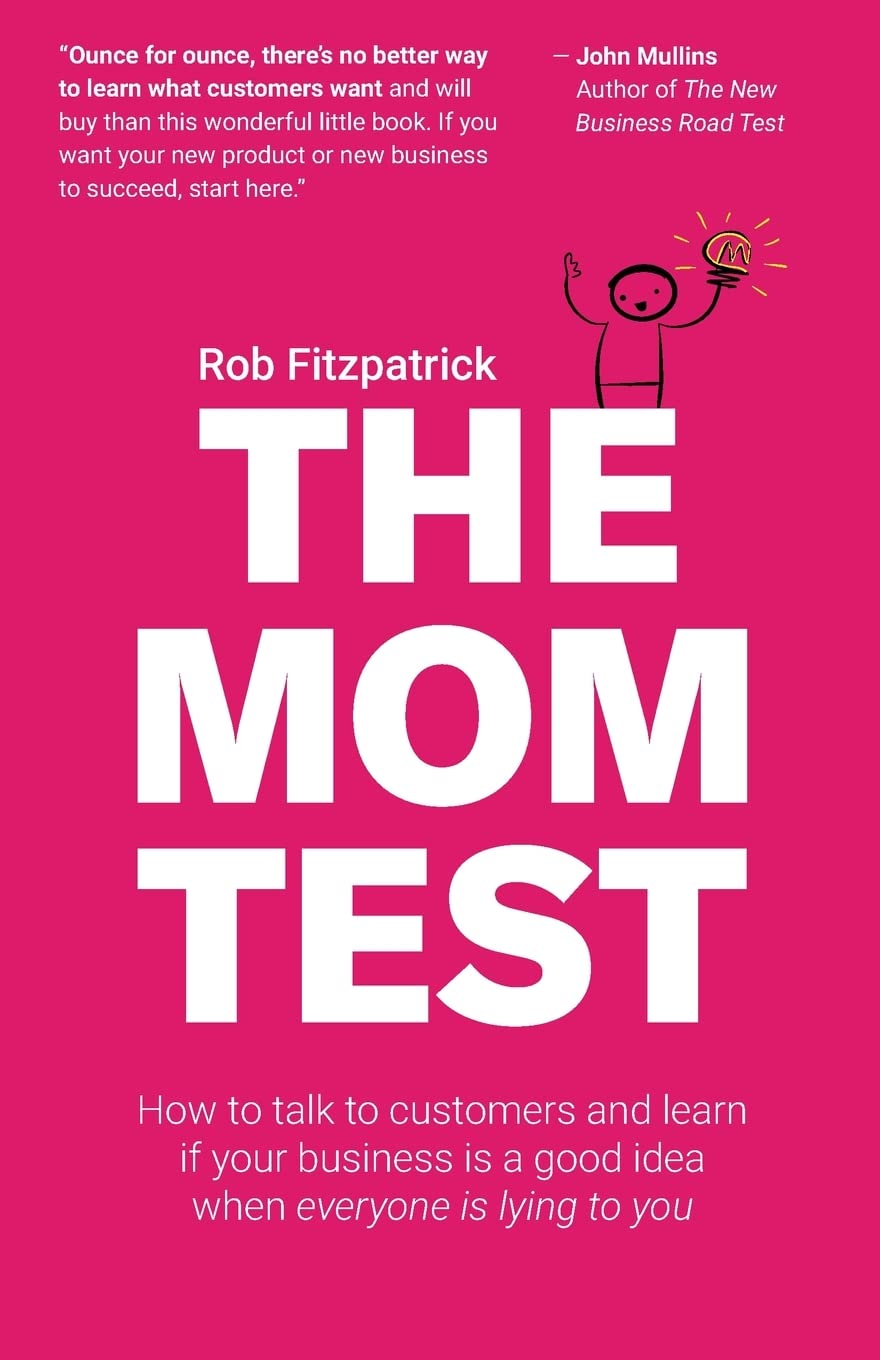Maybe You Should Talk to Someone - Lori Gottlieb
- Anderson Petergeorge
- Mar 23, 2023
- 3 min read

Overview
From a psychotherapist, and national advice columnist a thought-provoking new book that takes us behind the scenes of a therapist's world -- where her patients are looking for answers (and so is she). Opens the reader's mind to the benefits of therapy in a more casual approach through story telling from the perspective of a therapist and her patients.
Top 3 Takeaways:
One of the most important steps in therapy is helping people take responsibility for their current predicaments. Once they realize they can and must construct their own lives, they are free to generate change
The inability to say no is largely about approval seeking; the inability to say yes, however, is more about lack of trust in oneself
Most big transformations come about from hundreds of tiny almost imperceptible steps along the way
Other Notes
Quote: "All parents do the best they can, and all parents screw up their children"
We all have scars from our childhoods, some deeper than others, but no one grows up without hurt or damage.
Jon (one of her patients) even though his parents were "saint-like" he then held himself to such a high bar do to the same, which wasn't healthy
It’s never too late to follow your true calling just like Lori (the author)
Lori went through movie industry to film industry to then going to med school and then deciding to drop out and do journalist and then therapy
Humanity will never cease to amaze you
The story of Julie (a patient) coping with cancer and multiple miscarriages
Jon losing his son and blaming himself and his wife for the rest of their life
One of the most important steps in therapy is helping people take responsibility for their current predicaments
Once they realize they can and must construct their own lives, they are free to generate change
Every story has multiple threads, and we tend to leave out the threads that don’t jive with our current perspective.
If you go through life picking and choosing, if you don’t recognize that the perfect is the enemy of the good, you may deprive yourself of joy
Most big transformations come about from hundreds of tiny almost imperceptible steps along the way
Loss of trust is hard to repair
One a therapist loses trust its hard to do therapy with the individual
When working with couples on empathy, she’ll often say, “before you speak, ask yourself what is this going to feel like to the person I’m speaking to”
Everyone feels pain at times but you only suffer because you choose to
One way to get a sense of someone’s past is to ask them “what’s three adjectives come immediately to mind in relation to your mom’s or dad’s personality“
Therapy can’t help people who aren’t curious about themselves
Quote: “Too many parents make life hard for their children by trying too zealously to make it easy for them”
Cardinal rules of good parenting: moderation, empathy, temperamental accommodation with ones child are simple and not likely to be improved upon by the latest scientific findings”
All the books say happiness = reality – expectations
It’s less socially acceptable for men to talk about their feelings
While women feel cultural pressure to keep up their physical appearance, men feel that pressure to keep up their emotional appearance
Women tend to confide in friends or family, but men hardly talk to anyone about their feelings
Adults who are touched regularly live longer. The term is skin hunger
Therapists can’t initially change behavior, but they can help patients see themselves better and ask the right questions until something happens either internally or externally that leads them to do their own persuading
Sharing difficult truths might come with a cost, the need to face them. But there’s also a reward, freedom. The truth releases us from shame
What helps most when someone tells you that they’re dying is a hug or simply saying “I love you”
The inability to say no is largely about approval seeking; The inability to say yes, however, is more about lack of trust in oneself



Comments